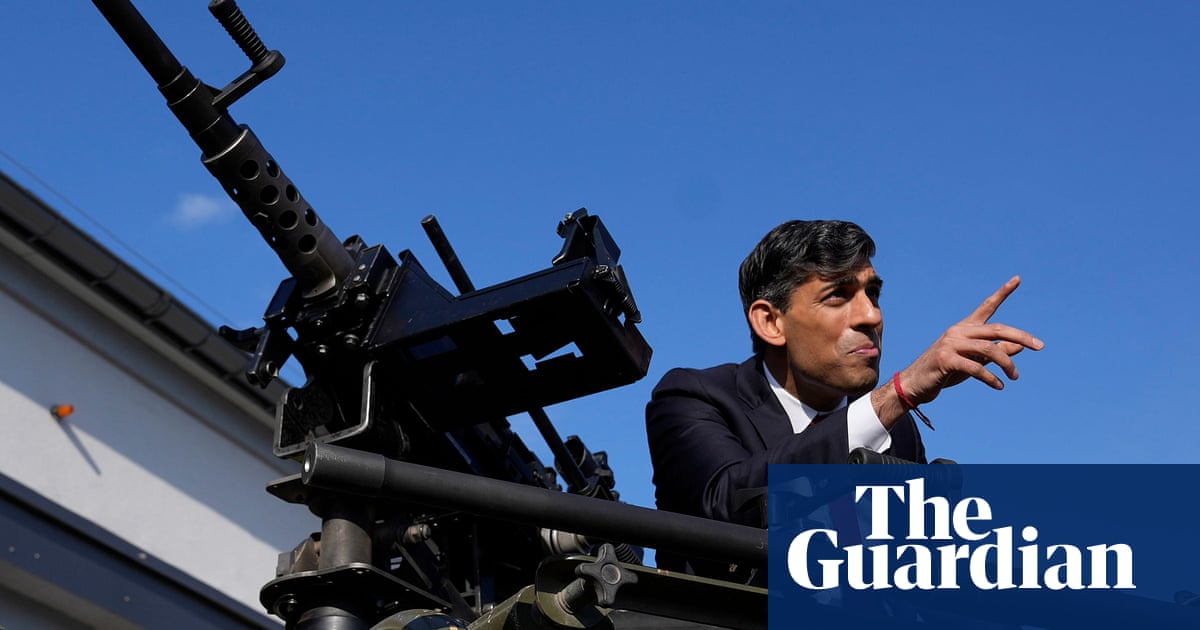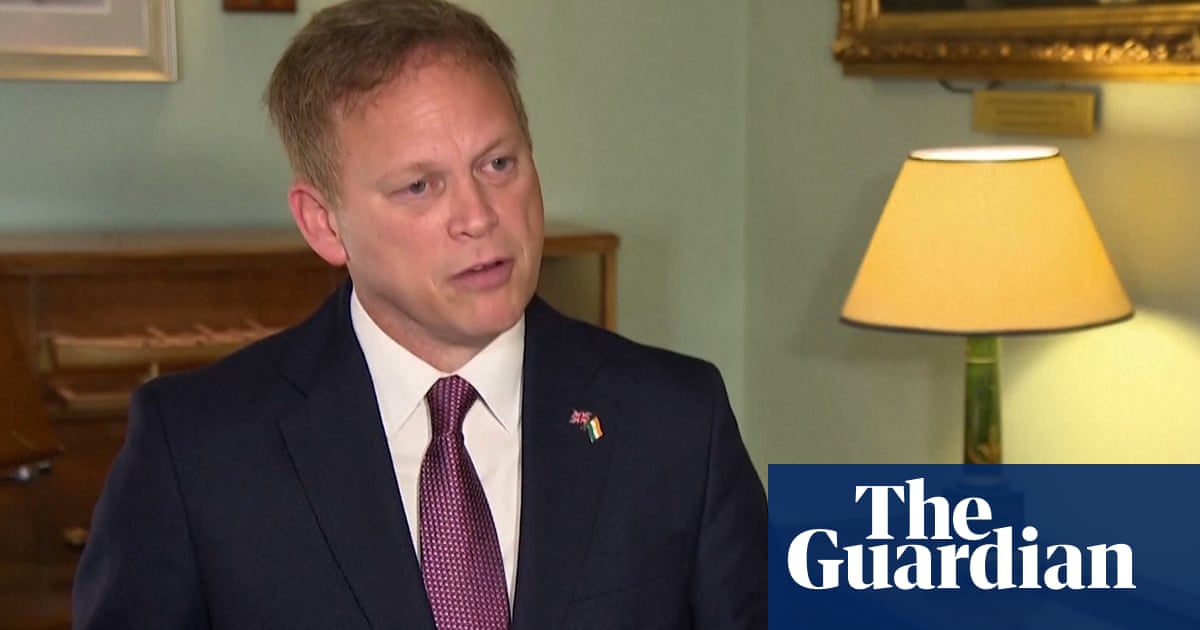
Russia plans to deepen its military cooperation with Iran in return for Shahed drones that have been used to bomb Ukraine’s cities and energy network since September, according to Britain’s defence secretary, Ben Wallace.
The west must hold Russia’s “enablers to account”, he said, in a Christmas update in which he was also forced to admit the UK had not completed a Ukraine “action plan” by the end of the year as promised.
Speaking to MPs, Wallace said: “In return for having supplied more than 300 kamikaze drones, Russia now intends to provide Iran with advanced military components, undermining both Middle East and international security.”
No other evidence was cited in support of Wallace’s statement, which is likely to be based on British intelligence, but it is consistent with warnings made by the US nearly two weeks ago, when it said it was concerned a deal would go ahead.
The prime minister, Rishi Sunak, told MPs shortly afterwards that while Russia remained the UK’s “No 1 foreign policy challenge” he was “increasingly concerned about Iran’s behaviour,” an echo of Wallace’s comments.
Giving evidence to the House of Commons liaison committee, made up of the MPs who chair select committees, Sunak added that he was focused on “the treatment of their citizens, what they’re doing in the region which is destabilising, and indeed the nuclear programme”.
The west is closely monitoring Iran’s relationship with Russia at a time when the Kremlin is desperate to make up for shortages in munitions. Moscow has also asked Tehran for ballistic missiles to continue its bombing of Ukraine, but there is no sign of that deal going ahead, despite the request being made last month.
The defence secretary said Russia was now “resorting to stripping jetliners for spare parts” as it desperately seeks to manufacture fresh missiles. It is estimated by Ukraine that stocks of Iskander missiles are at around a ninth or less of prewar levels.
Wallace also sought to emphasise the human and financial costs to Russia of its invasion. There were “more than 100,000 Russians” who were dead, injured or had deserted since 24 February, the minister said, while Moscow’s army had lost 4,500 armoured vehicles and 140 aircraft and helicopters.
A depleted Russian air force, the minister added, was only “conducting tens of missions a day as opposed to 300 in March” – but the long-range strikes continue to target Ukraine’s power grid, with a record 35 drones attacking the country on Monday.
However, Wallace was also forced to admit, after questioning by Labour’s John Healey, that he had failed to publish the “plan of action” to support Ukraine into 2023 that had been promised in August.
Intended to cover long-term equipment supply, funding and other support to Kyiv, the minister admitted the failure to produce one was disappointing. Instead, he said he hoped to see if it would be possible to debate the issue in parliament in January.
There was also public confirmation of Sunak’s plan to hold an audit of the UK’s Ukraine policy and its weapons supply, criticised by one source as amounting to a “Goldman Sachs dashboard” exercise that could lead to the holding back of future military aid.
The defence secretary sought to downplay its significance: “It’s understandable that the prime minister, being new in post, would seek an update on Ukraine and want to take a stock check of where we are.” Britain has already committed to match 2022’s £2.3bn worth of weapons supplies to Ukraine in 2023.












